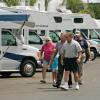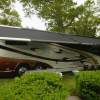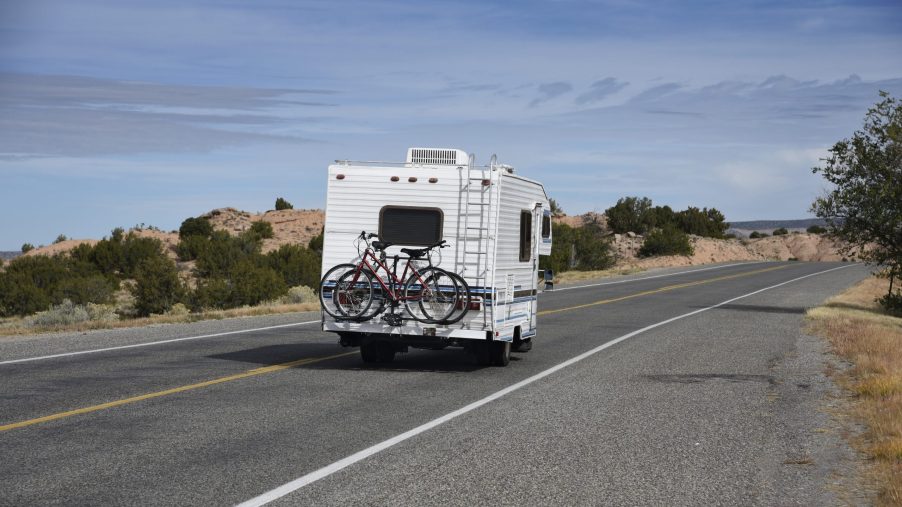
Skip the RV Parks, Save Money by Boondocking Instead
Sure, you could book a night at an RV park, but that’d cost $30 to $100 a night depending on where you go. Why not consider boondocking? Park your RV on free, public land, getting as far away from the world as possible. And you’re sure to save a few bucks in the process.
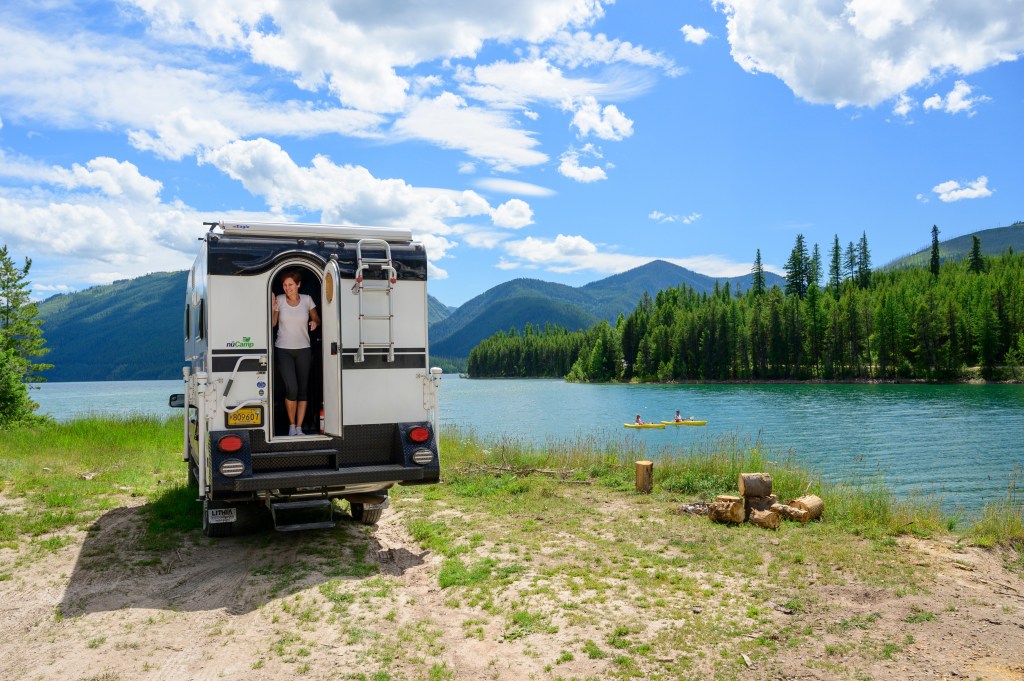
What is boondocking?
The main difference between staying at an RV park and boondocking, also known as dry camping, is that there are no amenities provided on a boondocking campsite. No running water, food, sewage, or electricity. For this, you’ll need your own supplies, and an RV capable of handling those duties (figuratively and literally).
Boondocking campsites are also undeveloped, meaning it’s just a lot of land. That can be both a good and bad thing. The bad news is that there isn’t a lot around, and likely very poor cell service. But on the flip side, the land will be unspoiled and ready for you to simply enjoy it.
How much money can you save by boondocking?
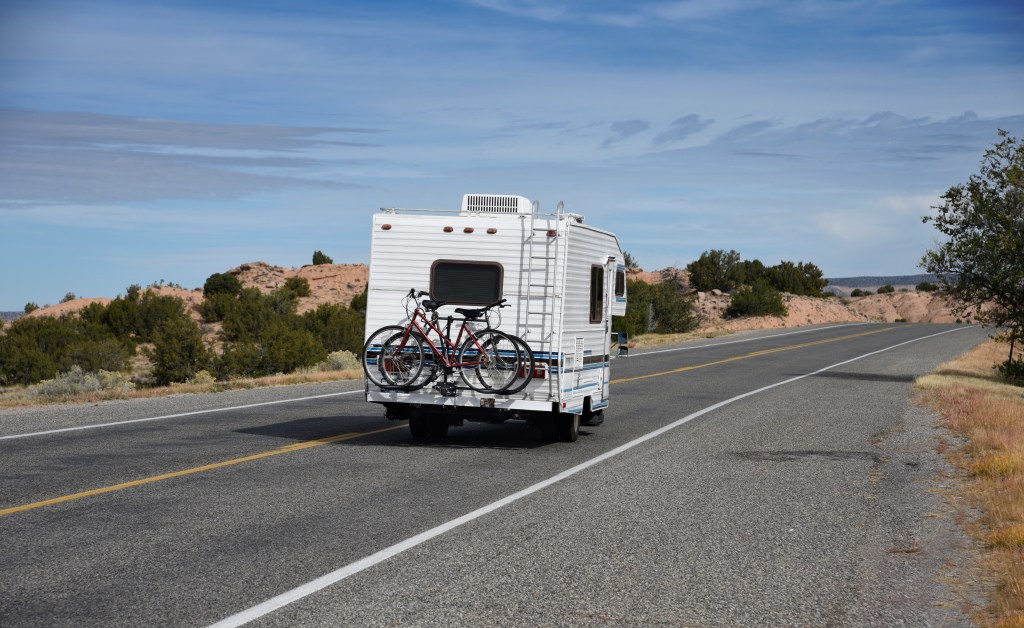
RV Lifestyle performed an in-depth breakdown of the costs of living in an RV park versus boondocking, and the results are incredible. They broke it down over 90-day periods, and used an average of $45 a night for regular RV parks and campsites.
If one were to stay at an RV park every night for 90 days, that adds up to about $4,050. Now, while it’s possible to boondock for all 90 days (thus, saving $4,050), it’s always nice to find a good spot to stay the night. If you were to stay at an RV park just one-third of the time, you’d only spend $1,350. And the longer you boondock, the more you save.
That said, you’ll have to operate under your own electricity, which means you’d probably want an electric generator. You’ll also need to take care of your own waste, though there are places to dump those at most truck stops. In other words, you can save a significant chunk of change living off the land.
What’s the best kind of RV or camper for boondocking?
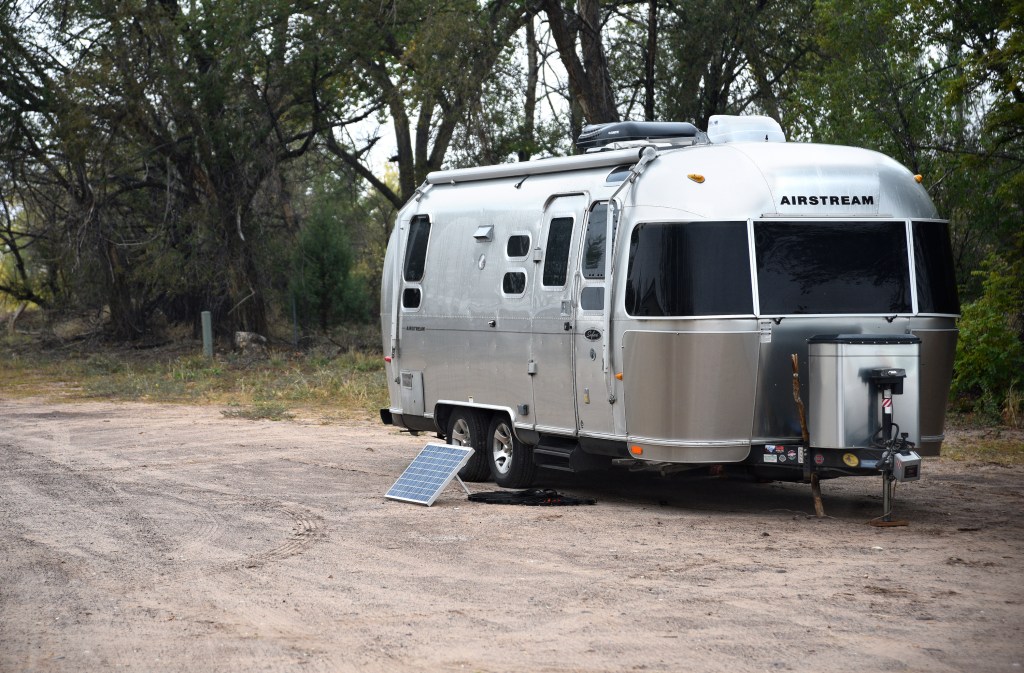
As mentioned, you’ll need a self-contained RV. Most boondocking sites, while free, won’t allow you to stay if you don’t have a bathroom (and maybe even a kitchen) built into the RV. That said, most Class-A and Class-C motor homes, as well as camper trailers, will provide all the amenities you need.
The big upside to a camper trailer rather than a motorhome is that you can detach your truck and leave the house behind. Sure, some RVs can tow a car behind, but that’s makes driving those large RVs even trickier. And while Class-B vans seem like a healthy middle ground, they often don’t have built-in bathrooms, and typically aren’t big. If you’re going to boondock for more than a weekend, you’ll want the space.
How can I find boondocking campsites?
Lucky for you, there are dozens of resources online that can help you find the best boondocking sites. Campendium is the largest source of RV parks in the nation, including some free campsites. Just put in the zip code or state park you’ll be around and see if there are any options.
That said, if you want to be a part of a boondocking community, you may want to consider becoming a member of Boondockers Welcome. It’s a database for all things boondocking, and you can even host your own land as a campground (if you have enough). It’ll cost you $50 a year, but you’ll get access to thousands of sites with no extra fees.
Lastly, you can go to the Bureau of Land Management website to find free, public land. Reservations must be made at Recreation.gov, which might cost you a little extra. Anywhere between $10 and $30 a campsite to help keep certain facilities maintained. There’s also the trip planner that may help you create your RV trip.
But before you go boondocking, remember the one golden rule: clean up after yourself. Leave the place better than when you found it, otherwise, you run the risk of being put on boondocking blacklists. Be courteous, because this land isn’t your land, it’s someone else’s. And it’s your job to take care of it.
